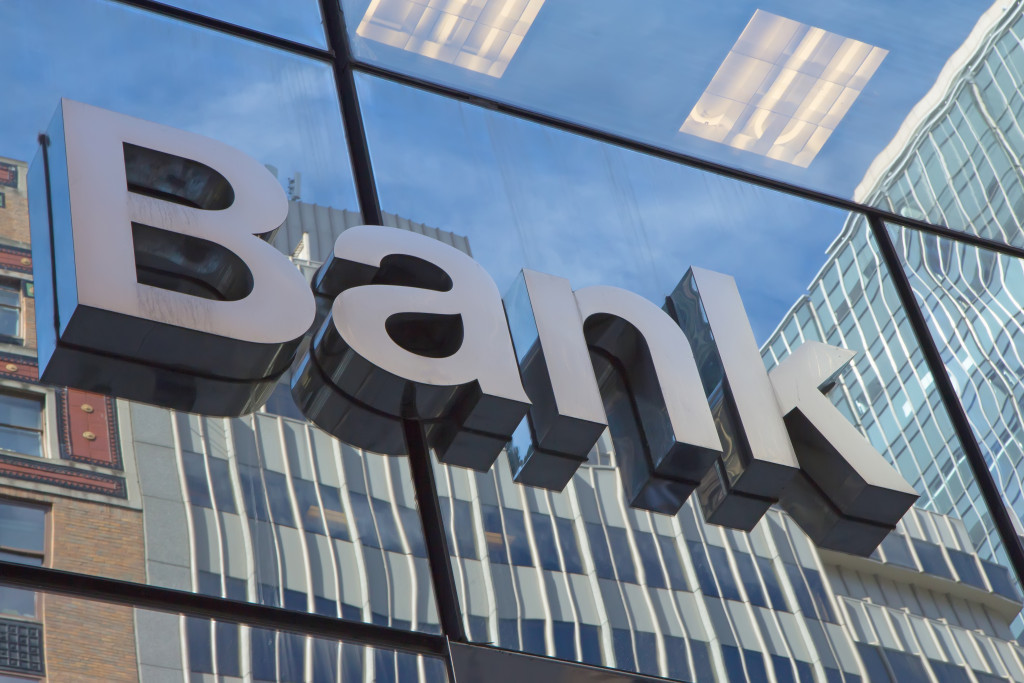- Adopt strong passwords and identity authentication processes to protect banking business data.
- Use automation in security monitoring to identify threats before they do any real damage.
- Establish access controls to limit access to sensitive data.
- Invest in backup and recovery systems to recover data in case of a system crash or attack.
- Educate your employees about cyber threats and basic security practices.
With the ever-increasing digitization and the rise in cybercrime, safeguarding your banking business is no longer an option but a necessity. As a small banking business owner, the security of your data and finances is imperative; thus, taking cybersecurity measures is crucial. If you don’t have a robust cybersecurity system, your business can be vulnerable to cyber-attacks, leading to loss of customer trust and financial institutions. This blog post will discuss some significant ways you can improve security measures in your small banking business.
1. Adopt Strong Passwords and Identity Authentication Processes
Passwords are critical to protecting your banking business data and accounts. Ensure that you and your staff use strong passwords and change them regularly. You can also adopt identity authentication processes such as biometrics, tokens, and smart cards to strengthen the passwords’ effectiveness. These processes allow only authorized people to access the accounts, making it more difficult for cybercriminals to gain access.

2. Use Automation in Security Monitoring
Security monitoring is necessary to identify unusual activities and potential threats in real time. Automation can help you monitor your systems and accounts for any suspicious activities. It can identify potential cyber threats such as malware or unauthorized access attempts and alert you immediately.
But this task can be tedious and time-consuming, so you should consider outsourcing a security expert or investing in an automated system to monitor your systems and accounts more efficiently. For example, central station security monitoring services can help you detect and manage security threats in real-time. They can also provide detailed reports, insights, and recommendations to help you improve your security.
3. Establish Access Controls
Establishing access controls for sensitive data and information is crucial, limiting the number of employees who have access. You can also assign different access levels depending on employees’ roles, ensuring that confidential information is accessible to specific individuals only. Due to the pandemic, cloud networks are increasingly popular, allowing you to control who has access to your data.
4. Backup and Recovery Systems
Having backup and recovery systems will ensure you can recover lost data and information in case of a cyber-attack, system crash, or other disasters. Depending on your budget and security needs, you can choose from a variety of systems:
a. Database backups
As more businesses are relying on digital databases for their operations, having a backup of your database is essential. Database backups ensure that if the system goes down, you can recover the data quickly.

b. Cloud backups
Cloud backups provide an extra layer of security for your banking business data and information by storing them in a secure cloud system. The data is encrypted and stored off-site, making it more difficult for hackers to gain access.
c. Offsite backups
Offsite backups are an excellent way to store critical data in a secure location. They give you the flexibility to access data from anywhere, and they are less vulnerable to physical damage.
d. Disaster Recovery Plans
A disaster recovery plan is essential to ensure you can get back up and running quickly after a cyber-attack or system crash. The plan should include steps to restore data and systems, secure the network, and notify customers.
5. Educate Your Employees
The human element is often the weakest link in safeguarding your banking business security. That’s why educating your employees is an effective way to improve your security measures. Ensure your staff knows the latest cyber threats and basic information security practices. You can also conduct regular training and simulation exercises to ensure that they are well-prepared in case of a cybersecurity attack.
Some businesses also offer incentives to employees who identify and report potential vulnerabilities, encouraging them to take a proactive role in security. But remember that training and awareness alone aren’t enough, so ensure you also have the necessary technical measures. You should have a comprehensive cybersecurity system that is regularly monitored and updated to stay ahead of any potential threats.
As a small banking business owner, security is paramount, and taking proactive measures to secure your business is necessary. Implementing the strategies discussed in this blog post – adopting strong passwords, using automation in security monitoring, establishing access controls, having backups and recovery systems, and educating your employees – will help you improve your cybersecurity measures and protect your business from cyber threats. Always stay vigilant and up-to-date with the latest cybersecurity trends to ensure your banking business is secure.
